Chapter 3
A Growing Company
Throughout 1971 and 1972, Virgin Records opened more stores. Richard hired his cousin Simon Draper to choose which records to sell. Richard said that Simon “knew more about music than anyone I’d ever met.” This was one of Richard’s great skills in business. He came up with good ideas and then found the right people to help him make them happen.
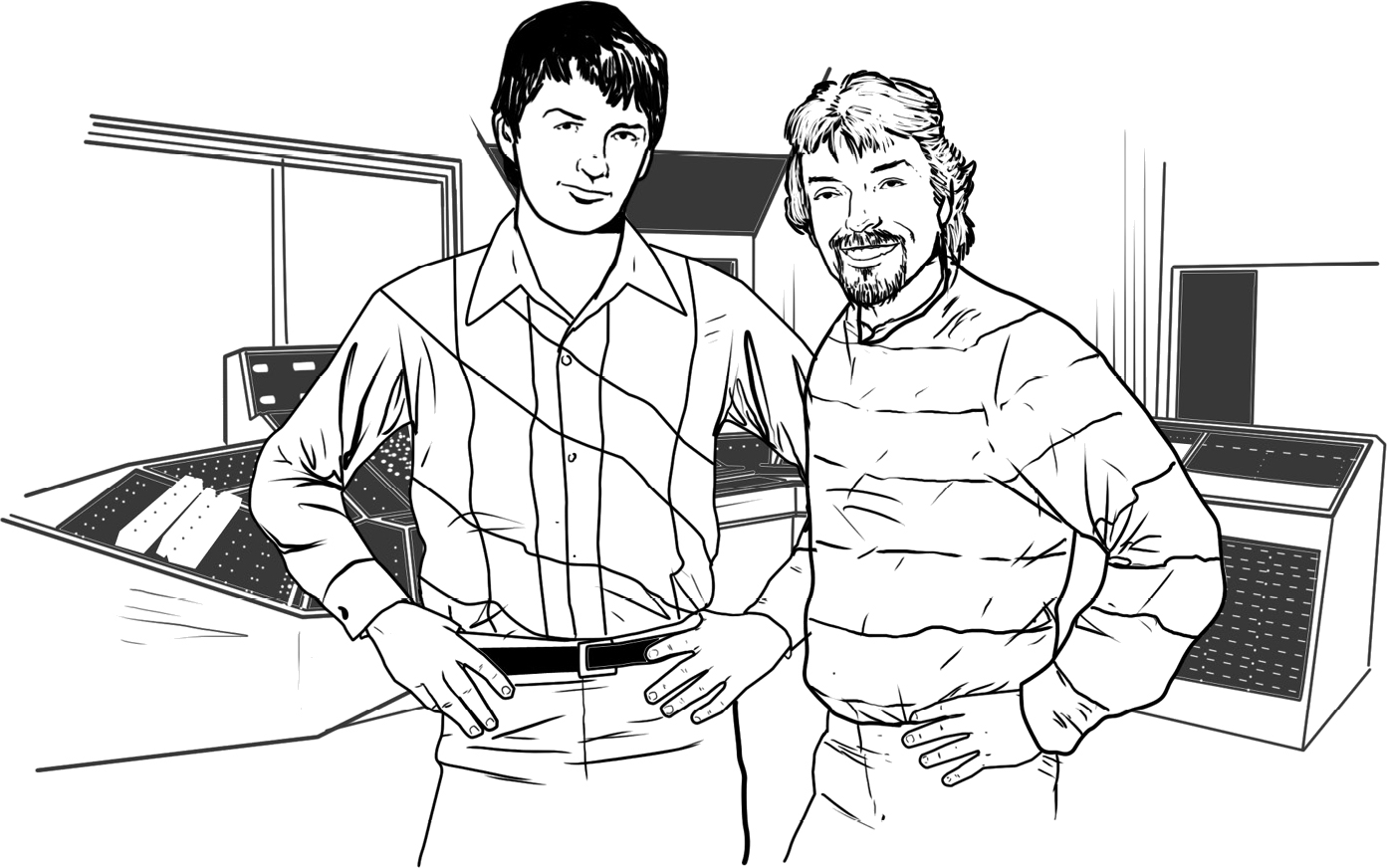
Rock bands were now recording at the Manor. One day while visiting the studio, Richard met a nineteen-year-old American woman named Kristen Tomassi. Kristen knew a musician who was recording at the Manor, and he had invited her to come along. Richard immediately liked Kristen and soon they began dating. They married a little more than a year later, in July 1972.
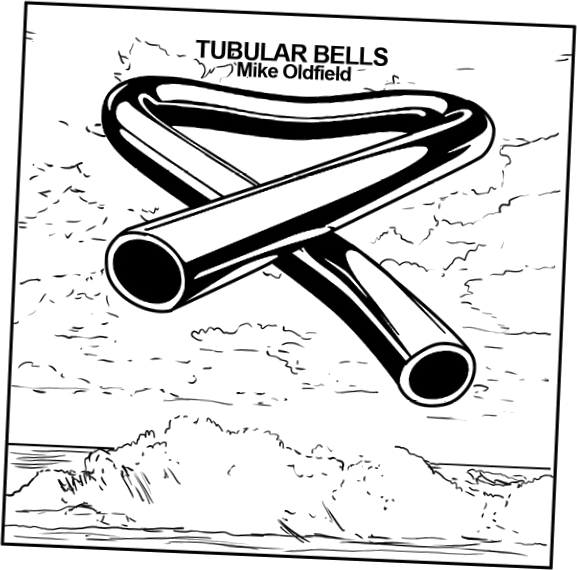
The Manor was becoming even more important for Richard’s business. With Simon’s help, Richard started his own record company. Bands signed contracts with companies like his, and the companies sold their records. At the time, the major record companies included EMI in Great Britain and Atlantic Records in the United States. In 1973, Richard released the first four albums by his new Virgin Records. One was called Tubular Bells, by Mike Oldfield. It became a huge hit.
The record was unlike most music of the day. Oldfield combined rock music with other styles, such as classical music and folk music. Sales of the record increased dramatically after parts of Tubular Bells were used in the popular horror movie The Exorcist. It was at this time, Richard said, “the money started rolling in.”

As Richard made more money, he did not change his lifestyle very much. He was in his early twenties. He wanted to feel relaxed and have fun whenever he could. He went to meetings wearing sweaters, instead of a jacket and tie like most businessmen wore. At parties, he liked to surprise people by dressing up in women’s clothing. And he loved to play practical jokes.
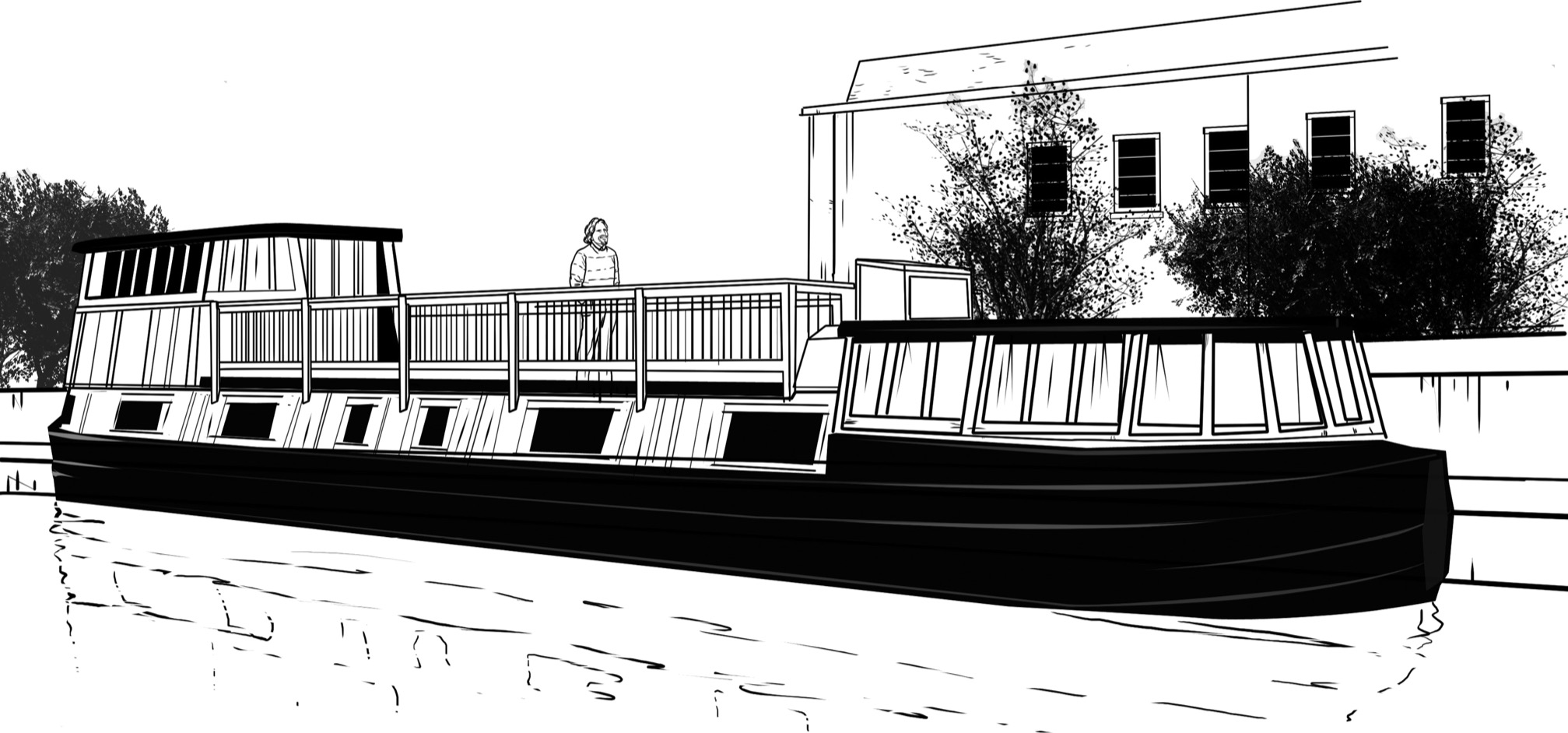
Richard liked to live simply. Although he owned a nice home in London, he loved to spend time on a houseboat he owned on a canal in the city. Richard sometimes worked from the boat, staying in touch with the Virgin staff by phone.
By 1974, Virgin Records was doing well. But Richard and Kristen were having trouble in their marriage. Although they tried to keep their marriage together, they divorced in 1976.
By then, Virgin was trying to sign hugely popular bands such as The Who and the Rolling Stones. This was difficult because bigger record labels offered bands more money than Virgin could pay. So Richard pushed to find undiscovered bands and new ways to expand the Virgin brand. He created Virgin Rags to sell clothing. He bought a restaurant. He started a sandwich delivery service.
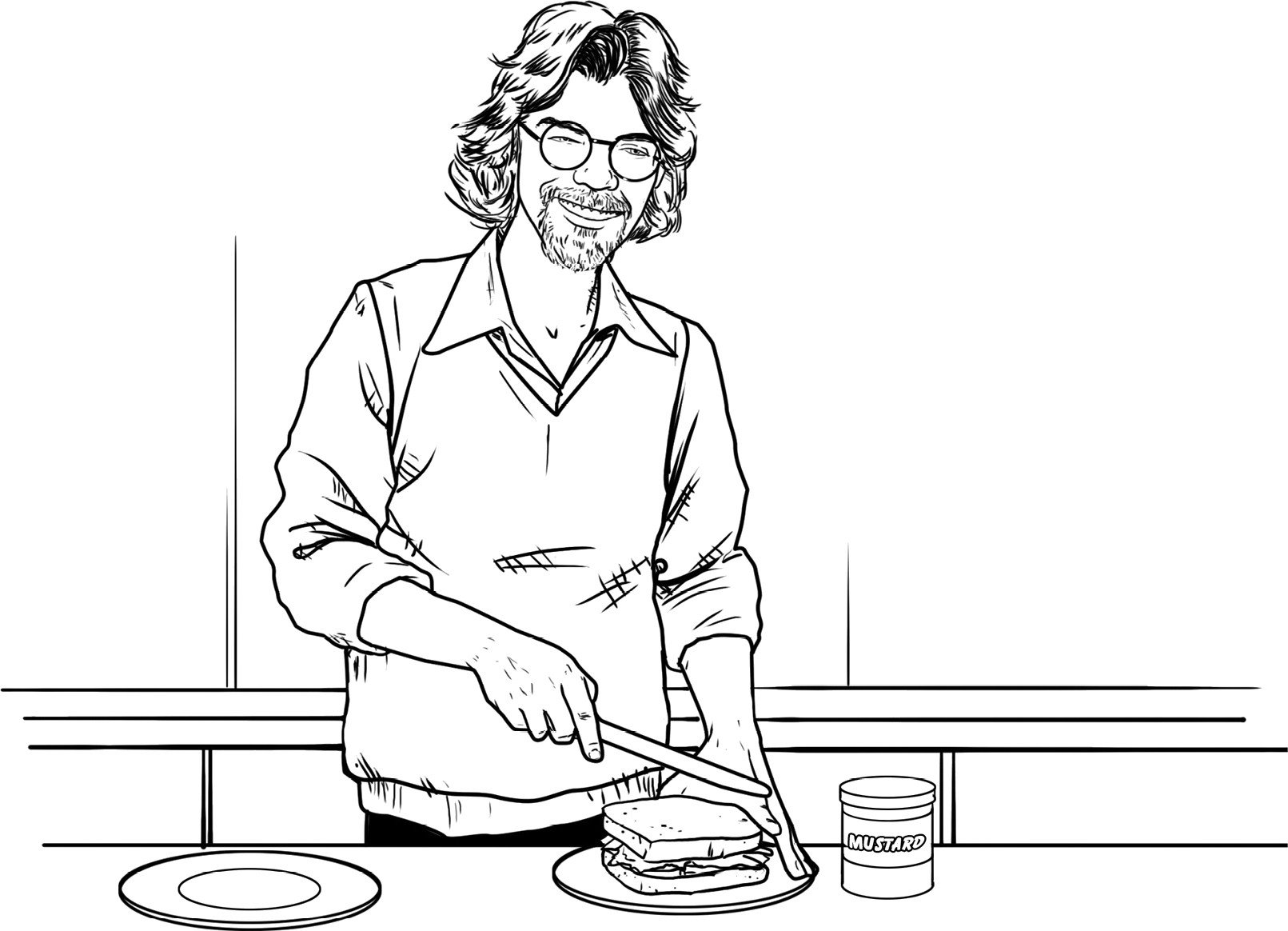
In all his businesses, Richard tried to give customers a good product at the lowest price. Richard didn’t always stop to consider if the new businesses could make money. He seemed thrilled to simply form new companies and give customers what they wanted.
In 1977, Virgin Records signed a new group called the Sex Pistols. They were one of Britain’s first punk rock bands. Their songs made fun of the Queen of England and British society. The band brought Virgin Records major attention and publicity, which Richard enjoyed. He hoped other bands would now want to record with Virgin Records, too.

Things were also looking better for Richard in his personal life. He had met Joan Templeman in 1976, but they did not start dating until two years later. On one of their first vacations, they went to the British Virgin Islands in the Caribbean Sea. They visited a small island that was for sale. It was called Necker Island. To Richard and Joan, this spot was like paradise. Richard decided to buy it. Now more than ever, he wanted his Virgin companies to succeed so he and Joan could build a home on their beautiful island.

In 1979, Joan became pregnant, but the baby was born too early and did not live. The loss was hard on both her and Richard, but they decided to try to have another child. Holly Branson was born in 1981.
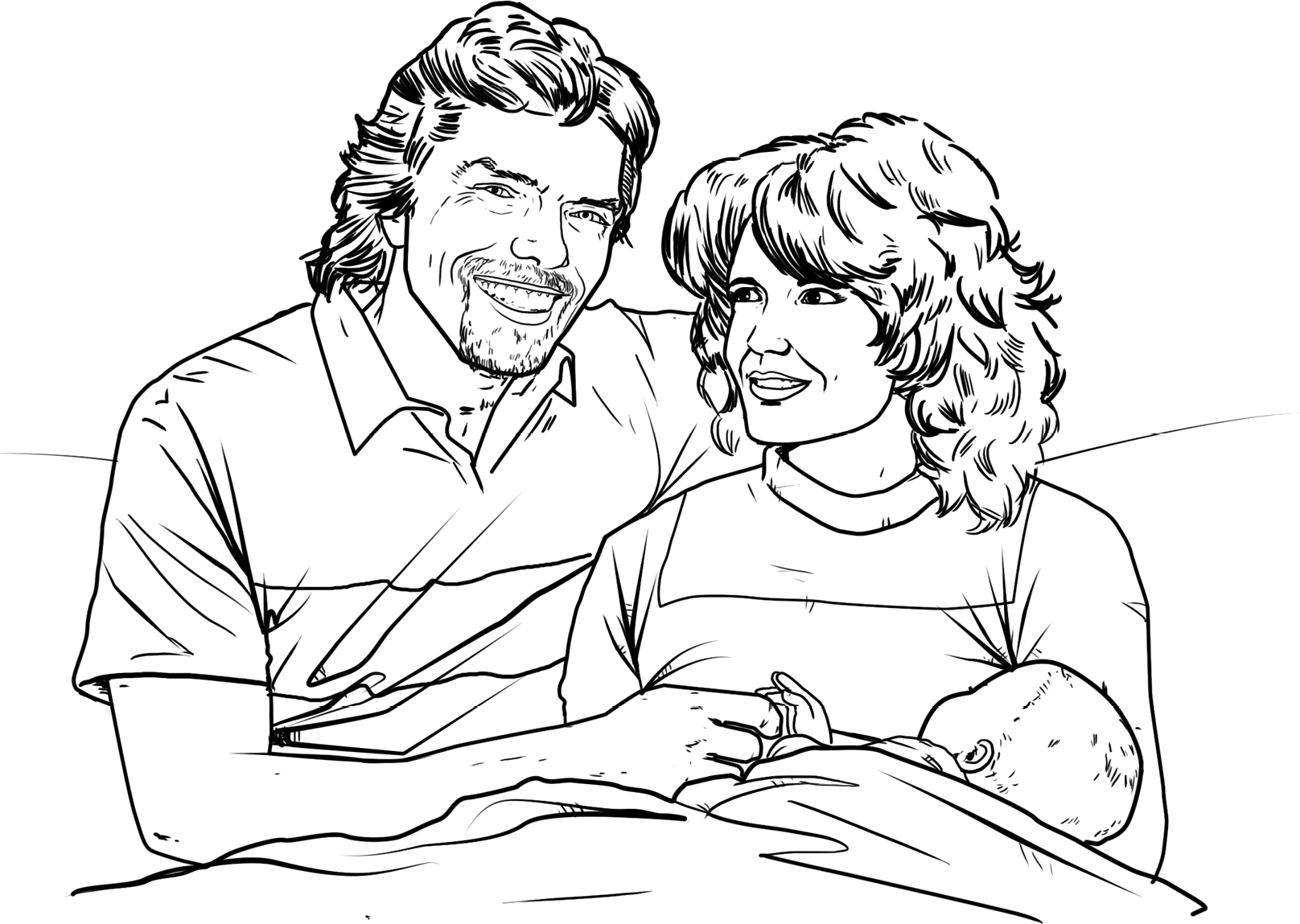

Virgin Records was going strong. The company was now selling more than just records. It had opened its first Megastore, offering records, books, video games, movies, and more. Mega—which refers to something that is very large—perfectly described the way that Richard thought about his booming business. And, as always, he was thinking about new opportunities to explore.